Welcome
I started this blog in 2013 to share my reflections on reading, writing and psychology, along with my journey to become a published novelist. I soon graduated to about twenty book reviews a month and a weekly 99-word story. Ten years later, I've transferred my writing / publication updates to my new website but will continue here with occasional reviews and flash fiction pieces, and maybe the odd personal post.
|
I’m proud to be taking the reins this week at the Carrot Ranch, with a flash fiction prompt on showing someone around a property. My theme arose partly from the open weekend at North Lees Hall, which attracted over a thousand visitors across the two days. Although I got rather chilled standing in the doorway trying to steer a one-way system on the two sets of stairs, it was great fun. For those who couldn’t make it to Derbyshire, here’s a virtual tour of the house, both inside and out. Did you notice the p-word in my opening sentence? Did it make you wince? If so, I hope I can persuade you that, not only is the adjective perfectly apt for the purpose, you should lay claim to it yourself.
12 Comments
Humans are social creatures, and the social systems we create can serve as both help and hindrance. Bullying is one of the more disturbing things that can happen when we gather together, but the dark side of human nature can catalyse engaging fiction. In Bone by Bone, childhood bullying is at the core of the novel, while in Hush it’s a consequence of a family trauma, but both make for gripping reads. On a lighter note, I’ve followed these too short reviews with a memory of a more positive aspect of human association, the childhood crazes from which no-one is excluded.
I must confess I’m rather suspicious of the word brave. On the one hand, the term is overused, especially when referring to endurance in the face of tragedy. (Is it brave not to succumb when your life is threatened or is the human drive for survival? Do we call people brave to avoid having to empathise fully with the enormity of their trauma or to deny their despair?) On the other hand, I think bravery, even when applied to cases in which the person has a genuine choice whether to act, is overrated. Sure, if I were drowning I’d be grateful to anyone who dived in and rescued me, but if a stranger were in the same situation I’d rather my loved ones didn’t risk their own lives to save them. So it was with some trepidation that I picked up these two novels with the b-word in the title. Read on to see whether the characters’ bravery convinced me. (Incidentally, I wasn’t aware when I decided to pair them based solely on the titles that both are partly influenced by the author’s grandfather’s experience in the Second World War, and both featuring the ordeal of hunger.)
The protagonists of novels are often called upon to act more heroically than they might have to in real life. So it can be refreshing to come across main characters who are as ordinary as the rest of us. Here I’m reviewing two novels about the loves and limitations of middle-aged men; the first in America and the second in the UK. Do these characters have enough oomph to keep our interest? Read on for my personal view. (And, for another take on masculinity and compromised morality, see my review of The Faithful Couple.)
 The coincidence of Charli Mills’s latest post on the loss of a secure base with the buzz about the bicentenary of Charlotte Brontë’s birth later this month (more on both later in this post) reminded me of this piece on fear as a motivator that has languished in my drafts folder for well over a year. I’m a great fan of Emma Darwin’s posts on writing because, while they’re stuffed with useful advice, she never pretends there’s a simple formula (or two or three or two hundred and three) to make our novels novel and our sentences sing. That’s not the case in some other corners of the creative writing industry. As I’ve mentioned before, I’m particularly hacked off by an implicit assumption that the classic quest underlies each and every story structure: we just have to decide what our hero wants and thwart him in his journey to find it. While I can see how that works for some fiction, lots of the novels I read and love don’t go down that route. On top of that, human motivation is a complex construct: some people genuinely don’t know what they want and some are far too passive to follow their dreams. Some are constrained by circumstances or demons from the past and some characters sabotage their own desires. Today’s focus is on plot, with reviews of a psychological thriller about identity and a sophisticated crime novel against a backdrop of African-American politics.
If there’s a genre for translated novels featuring dentistry, early April must be the prime publication slot. While there’s little else to connect these two novels, they got me wondering about teeth in fiction and I couldn’t resist pairing them here. Fever at Dawn is published this week in hardback, while The Story of My Teeth first appeared in English in 2015 and comes out in paperback this week.
|
entertaining fiction about identity, mental health and social justice
Annecdotal is where real life brushes up against the fictional.
Annecdotist is the blogging persona of Anne Goodwin:
reader, writer, slug-slayer, tramper of moors, recovering psychologist, struggling soprano, author of three fiction books. LATEST POSTS HERE
I don't post to a schedule, but average around ten reviews a month (see here for an alphabetical list), some linked to a weekly flash fiction, plus posts on my WIPs and published books. Your comments are welcome any time any where. Get new posts direct to your inbox ...
or click here …
Popular posts
Categories/Tags
All
Archives
March 2024
BLOGGING COMMUNITIES
|
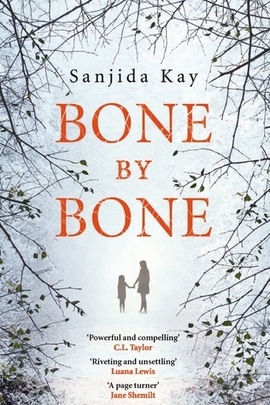
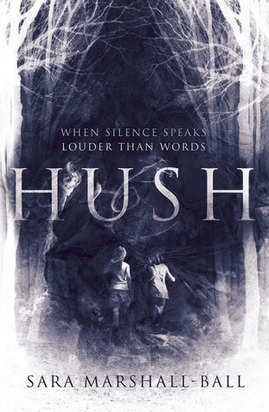
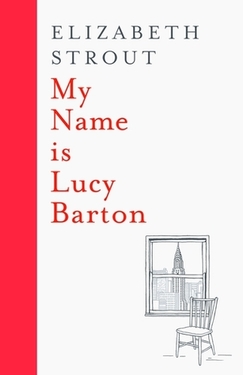
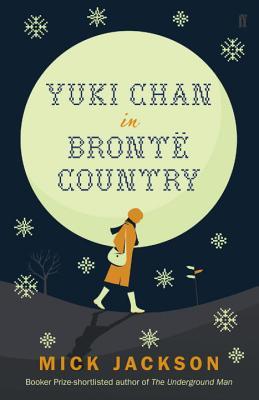
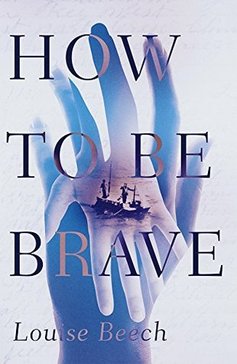
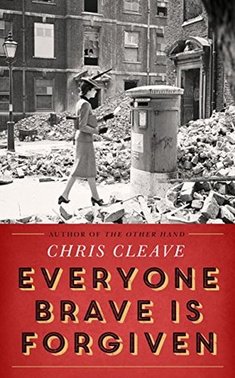
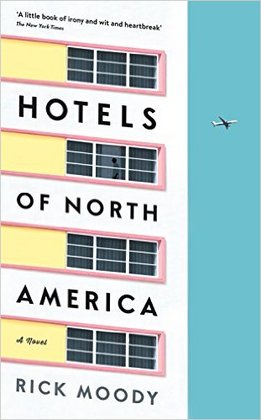
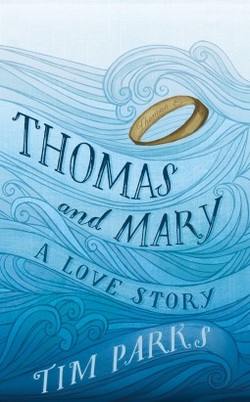
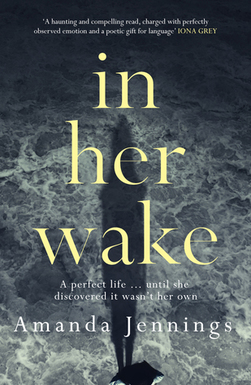
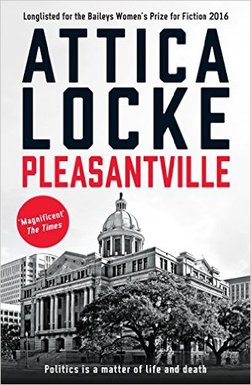
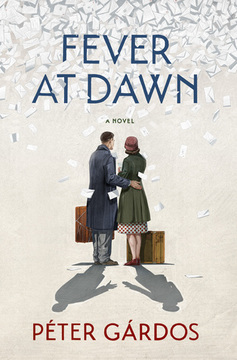
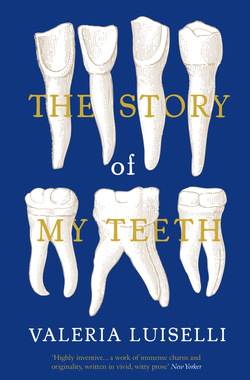
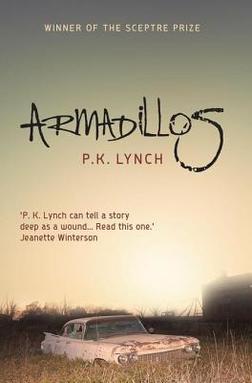





















 RSS Feed
RSS Feed





















